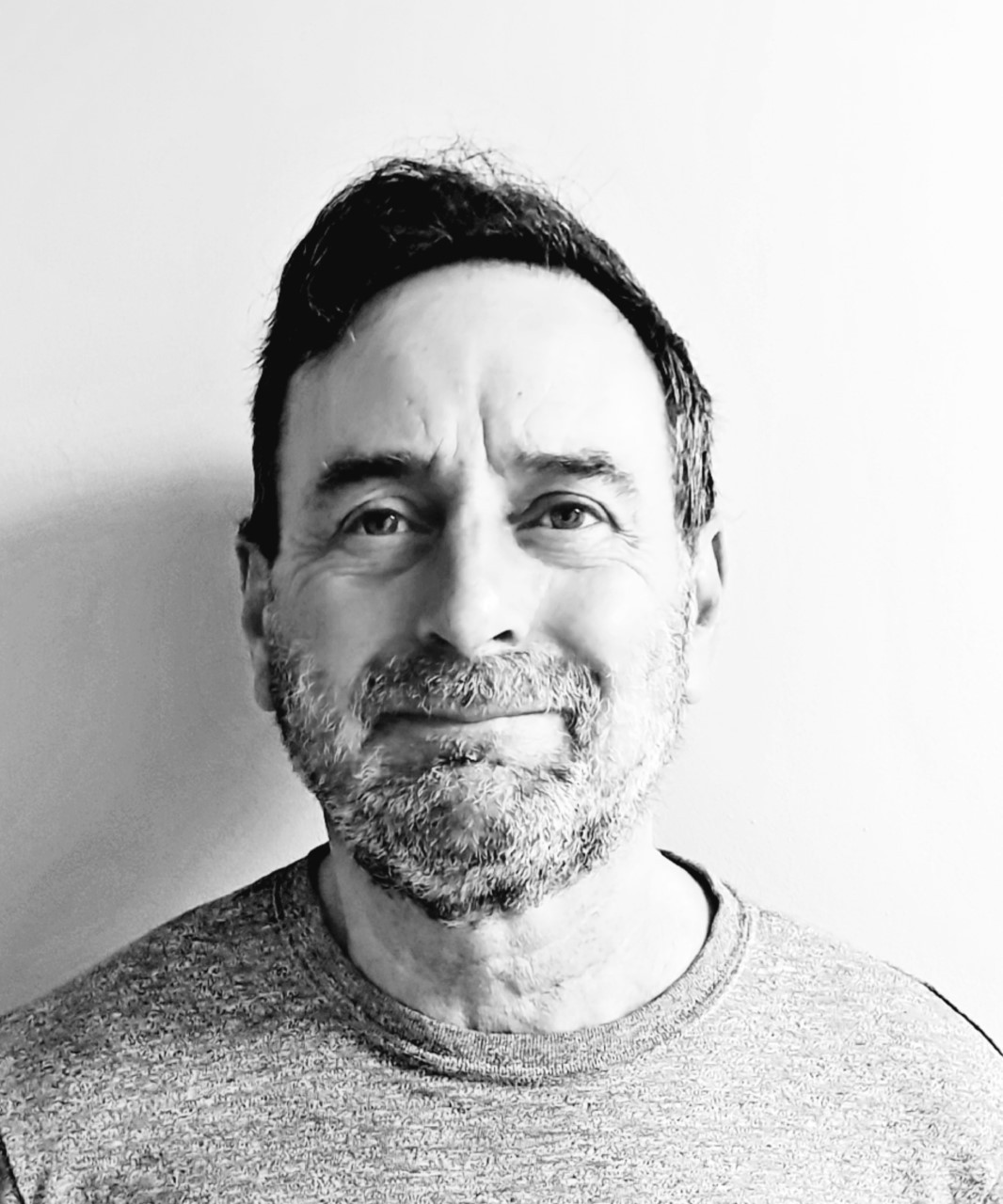
From my experience in Ireland conversation quickly becomes local as connections are made to who you know, where your relatives were from and the connections with the people you would meet, and so it was here. I became one of the Comrades.
Gerry
It was Covid Lockdown Christmas that I received the gift of membership of FIBI, along with a grand looking certificate and the tee-shirt. Being left leaning I love a tee-shirt, along with a badge. But then that got me to question what FIBI was. So, via the post-Christmas Zoom call I checked with the gift giver. It was membership of the Friends of the International Brigades Ireland. This apparently was an organisation which formed part of a federation of organisations world-wide which exist to keep both the memories of those who lost their lives during the Spanish Civil war alive and to campaign for the issues the original Republicans fought for and in many cases gave their lives for. Along with the Certificate and tee-shirt came access to various information sources, virtual meetings and of course Zoom calls. For me this was an opportunity to gain a deeper understanding of an issue which, while I knew it was of deep importance in 20th Century European History, I had only a relatively superficial understanding. Also included was an invitation to meet up in Madrid each year to visit various sites and memorials significant to the Civil War.
And so it was that this year I took up the chance to find out more by attending the annual meeting in Madrid. I went with little idea of what to expect, except that I would be part of the Irish contingent, a place I have visited many times, have family and friendship connections with, but have never lived.
On Friday I met up with the first of the “Comrades”, a term which would be used frequently as a gender-neutral form of address. Feargal was the head of FIBI, a man around my own age along with his wife Bernie and Sean a younger guy from the countryside. All were members of the Communist Party. Handshakes, chat and warm welcomes from the start. The conversation quickly turned to where I was from, who I knew and what I was expecting. From my experience in Ireland conversation quickly becomes local as connections are made to who you know, where your relatives were from and the connections with the people you would meet, and so it was here. I became one of the Comrades.
Onto Comrades' coaches. Here there were contingents from the United States, Poland, England, Scotland, Wales, Italy along with those from Spain. The first visit was to a village outside Madrid, to a graveyard where various people from the International Brigades were buried. Here we met Hamish and Jamie two kilted Scotsmen holding the banner of the Scottish volunteers, detailing when and which campaigns they had been involved in. Their Uncle had volunteered early in 1936 and became one of the casualties. Lots of people, it turns out, were there to represent their fallen relatives. I was told later that a previous Spanish Government had brought in a law which entitled anyone with a close relative who fell during the war, to Spanish citizenship. Here too was Valentina, our Spanish guide, mentor, translator and herder of the straying comrades. She explained that earlier in the morning the memorials had been vandalised, something which happened frequently, but had been quickly cleaned up by the local council. An explanation of the background to the memorials, the significance of the Scotts first in Spanish then translated into English by Valentina followed. Up pops Bepe, one of the Italian delegation, “No Pasaran No Pasaran No Pasaran” the old chant of the Anti-Fascists before bursting loudly into The Internationale in Italian, joined in by the same in English, Polish and Spanish delegates, followed by rousing renditions of Bella Ciao and Avanti Popolo, sung or more likely hummed along by the rest. “Okay on the coach, you will get on the coach, on the coach, you will get on the coach”, delegates were firmly directed by Valentina. The delegates moved.
The next day onto the Jarama Valley. This was the site of one of the most significant episodes. The valley overlooks the road between Madrid and Valencia, two major Republican centres. It was the sight of intense fighting with many casualties of both sides. Had the road been taken I was told Franco’s troops would have taken Madid, and with it the government. As it was the Republicans and the International
Brigades resisted. Looking over the valley on a clear late winter day, it took little to imagine the scene as points of significance were identified and explained.
On the following days different groups were met, significant sites visited, more singing and information gained. Valentina successfully herding wayward Comrades from straying onto fields and back onto transport.
Thinking back on the way home the memories were of people from around the world uniting with common and sometimes nuanced thoughts, and of course reflecting on what is happening on the European mainland today. No Pasaran!